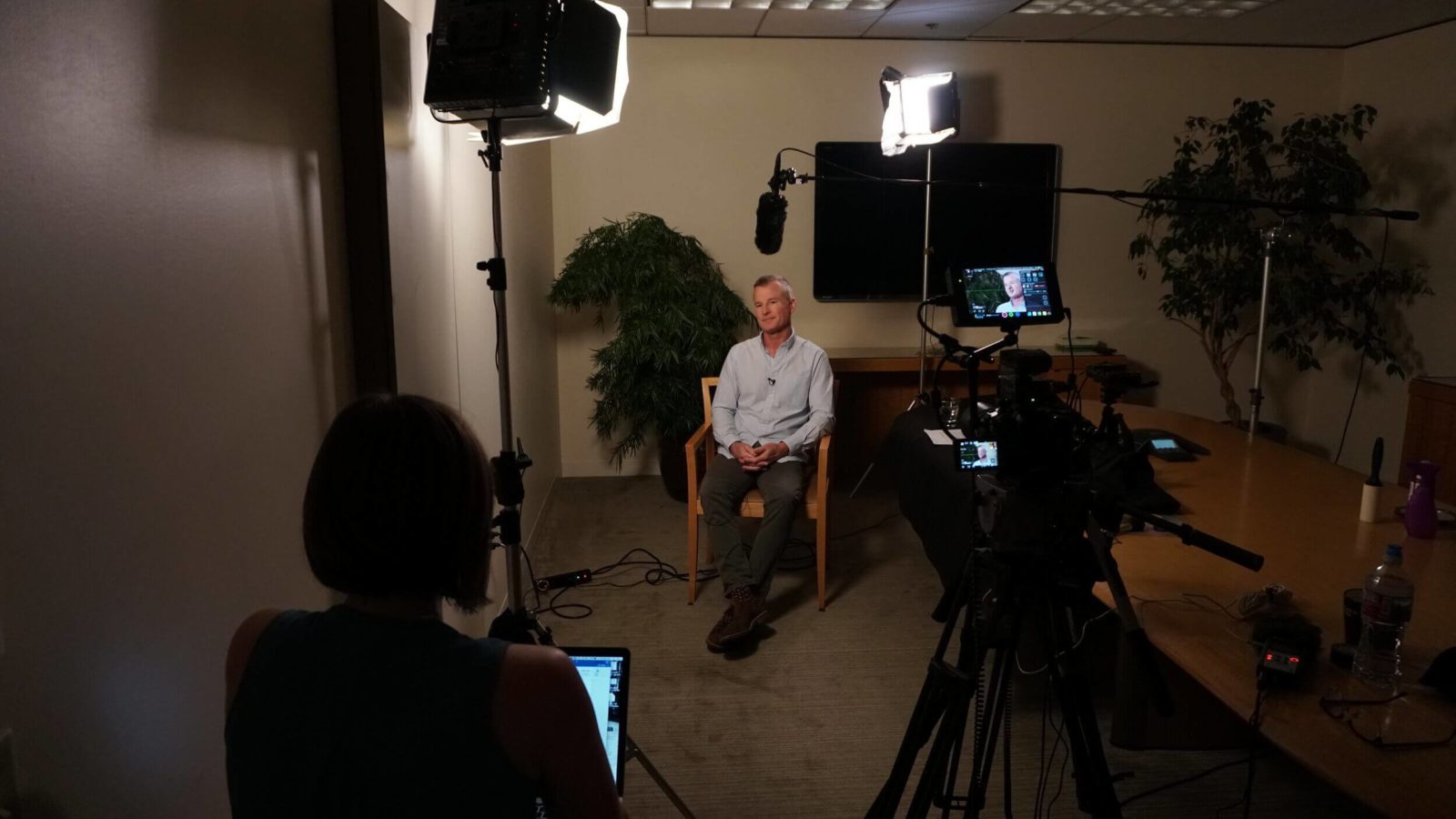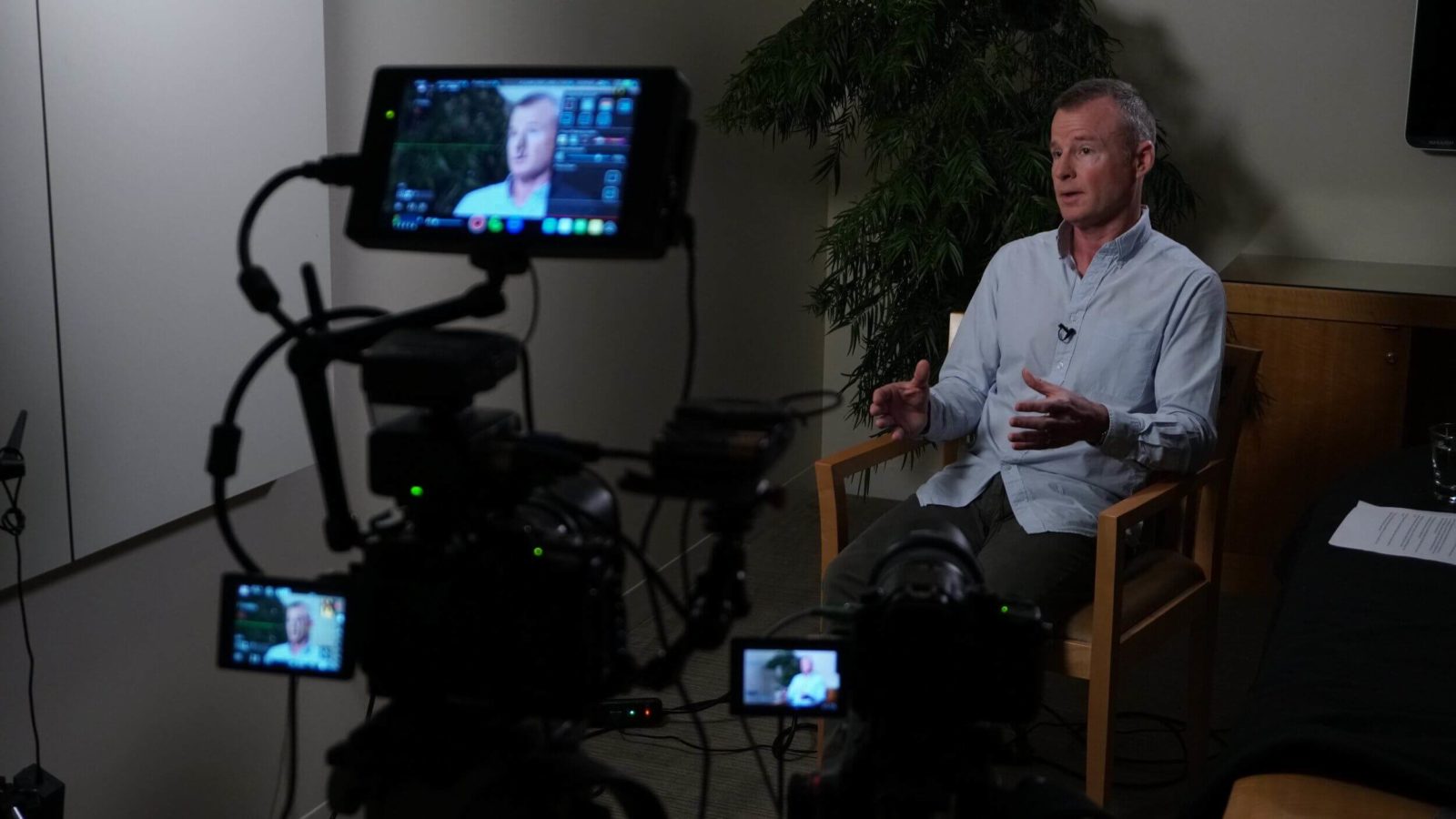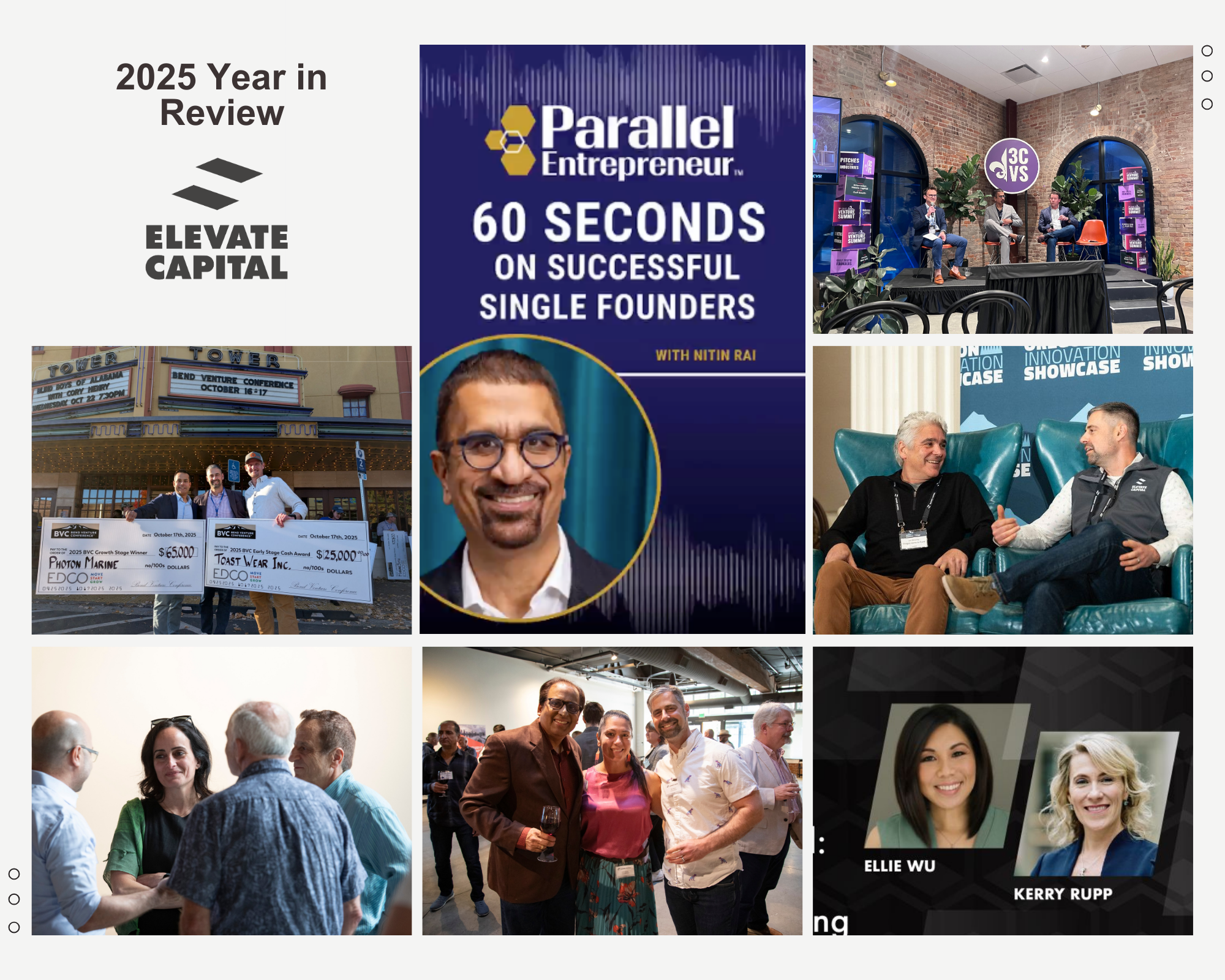What compelled you to start Minnow?
I had an experience that millions of people have every day…I waited in a long line at a food truck for lunch. While I was waiting, I noticed a couple of things. One is that other people who were standing in line for their food were not happy. I also noticed that people were coming up to the food truck, seeing the line, and turning around and leaving.
I realized you have a situation where customers are unhappy, and a food business is losing potential new customers because of the wait time. So I came up with the idea for Minnow as a way to make the lunch experience more convenient.
How did your childhood dream turn into this one?
That’s a long story…I’ll give you the short version. When I was young I wanted to be an astronaut, so I studied physics in college. My first job out of graduate school was with Boeing Aerospace Company.
I worked on an experiment that was designed to fly on the space shuttle. Unfortunately the year we were developing this experiment was the year of the Challenger disaster. When that happened, our experiment got put on hold—and it made me rethink my career.
That same year Microsoft went public, and there was a lot of attention and interest around software companies. I decided to switch careers from aerospace to software. I started my first software company about a year later.
Tell us about Minnow.
Minnow is developing the first IoT-enabled fresh food pick-up kiosk (we call it a “pod”). Our pods provide a more convenient food pick-up experience for busy people.
Our pods can be located inside restaurants to make it easier for people to pick up their online orders. They can also be used inside office buildings and other workplaces to streamline food delivery. Minnow lets you get your favorite food delivered to a pod close to you, where it will be kept fresh and secure until you’re ready to pick it up.
During the early stages of Minnow, what was the impossible challenge?
There really weren’t any impossible challenges. My co-founders have a lot of experience and technical knowledge, and they know how to solve complex problems. There didn’t seem to be any challenge that we didn’t think we could overcome.
Obviously, with a startup, you have to develop a product that’s going to meet a real market need, which means you have to go out and talk to customers. You also have to raise capital, so you can pay your co-founders and build your technology. But if you’re really committed and passionate about what you’re doing, you can overcome those challenges.
Share an “aha” moment from your first year in business.
Well, there were many. One “aha” moment that stands out is something that happened during our market research phase. Before we designed and built anything, we spent three months talking to potential customers to understand their behaviors and habits pertaining to lunch.
One of the things we learned was that most people only walk about two blocks to get lunch, because people are busy. They just don’t have time to walk five blocks and then wait in line. We realized in order to be successful, we needed to bring lunch closer to people as opposed to making them go further for their lunch experience.
That was an “aha” moment that really drove the development of our technology. Minnow is a food delivery system that is accessible to the consumer within a two-block radius. And, it still allows people to have access to fresh, local, organic, healthy food.

Any rituals that help you stay healthy and productive?
These are things I’ve been doing since I ran my first company. I get up early every morning and read for an hour. That’s my quiet time before the phone starts ringing, and before emails start arriving. It gives me a chance to get my head away from the business.
As an entrepreneur, one of the risks is you spend too much time thinking about your business. You begin to ignore your family and your health. It’s really important for entrepreneurs to have a structured routine that gets them away from that on a daily basis.
Another thing I do is run three times a week and play tennis. Sometimes that’s difficult because I feel like I need to be working and there are urgent priorities. If you don’t keep yourself healthy, you’ll go into a spiral where you become less and less productive. Working out is a good investment.
What challenges do underserved entrepreneurs need to overcome?
For a couple of years, I served as an entrepreneur-in-residence for a startup accelerator called Venture Hall, which was based in a smaller city. The biggest challenges of starting a company in an underserved area are the lack of startup capital and support. You don’t have the same access to entrepreneurs who have successfully built businesses in major cities like New York and San Francisco.
Another issue that people face is access to capital. Most startups are funded initially by angel investors. Many angel investors tend to be found in larger cities. If you’re in a small town or an underserved area, it can be really hard to get that initial capital, to get your company to the point where it’s ready for venture capital.
At the end of the day, entrepreneurs have to be persistent. They must be committed and passionate about their ideas and willing to talk to as many people as they can. Entrepreneurs must be prepared to get a lot of no’s before they finally get that one yes that will get them the financing they need to move forward.
Describe your venture capital experience with the Elevate team.
Nitin and I go way back—I’ve known him for 25 years. In fact, Nitin was one of the first software engineers I hired. A lot of it comes down to trust. If you’ve known somebody for that long, you have experience working with them and a reservoir of trust that you can draw from.
Nitin is a passionate entrepreneur. He’s very exuberant. He’s a networker. He knows a lot of people. When I first came up with the idea for Minnow, the first thing I thought of was I need to ask Nitin what he thinks. Before I spend any time or effort building this company, I want to see if Nitin thinks it’s a good idea.
So I called Nitin up. He thought Minnow was a great idea, and that led to a discussion between us that ultimately led to Elevate making an investment in our seed round.
In what ways does Nitin Rai’s mentorship guide your success?
The Elevate team has been incredibly helpful in opening doors. Our first seed round was led by Elevate, but the rest of the round was provided by angel investors, a number of whom were introduced to us by Nitin.
Nitin has also introduced us to potential customers, and to real estate investors in the area who would be interested in hosting our concept. Those are relationships that we could have developed over time. But Nitin was able to cut through all of those obstacles and make the connections right away.
That’s really important with a startup, because you don’t have the luxury of time. You need to be able to move quickly and build a community of supporters. Nitin was instrumental in doing that for us at Minnow.
How has networking in Portland helped your business?
We are just wrapping up the first month of field testing our concept, which is a fresh food kiosk. It’s like an Amazon locker for food. Through Elevate Capital, and the network that Nitin introduced us to, we were able to secure a location in the Slate Building to do this field test. The space is actually one of the Central Office coworking spaces.
It was critical for us to be able to get our concept in front of customers, get feedback and data about the use of our concept.
What advice would you give to an aspiring entrepreneur in an elevator?
One of the main reasons startups fail is because they build a product the market doesn’t want, or the market won’t pay for. The advice I would give entrepreneurs is before you build anything, before you go out and raise money, get out of your garage or office and go talk to real customers. Find out if what you are proposing to build will actually solve their problem, and if they would pay for it.
That’s tough for a lot of entrepreneurs to do because a lot of them are tech types. They may be introverted or convinced their idea is going to change the world. Oftentimes that conviction runs into the hard reality of the marketplace. The way to minimize that risk is to get out there and talk to people.



